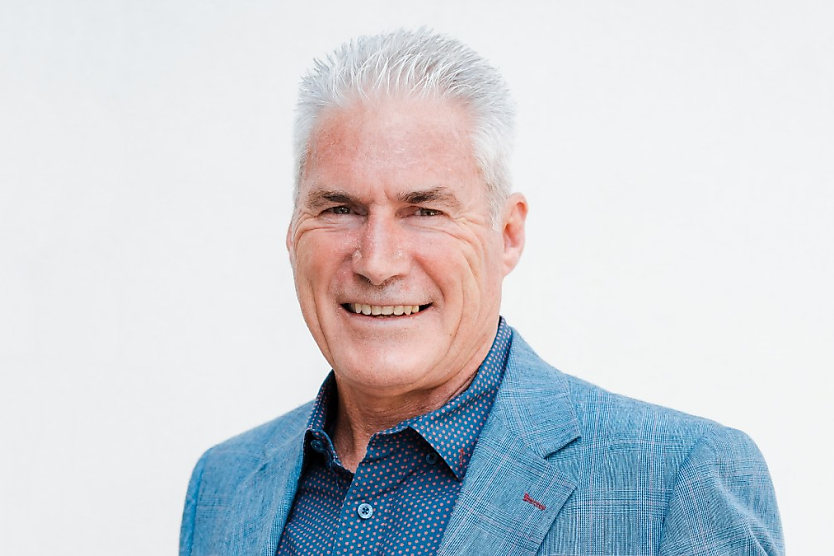
Our professional lives and personal lives often become tangled, especially through the rise of hybrid working. Our workplace should therefore be a place we feel comfortable and safe to express ourselves.
Encouraging employees to speak about their challenges and providing a safe space can be a great way to ensure wellbeing stays positive.
“Most people do not have the skills to deal with complex personal situations. My observation is that for most people, and particularly men, it is unsafe to talk about how we feel. When we open up, we get hurt by other people, and worst still, we get shamed and blamed,” said Bill Carson, workplace trainer and author.
“In our culture, there’s a stigma about being open and vulnerable, so the common advice is to suck it up and you’ll get over it. The reason why this happens is that most people do not know how to respond to another person’s difficult feelings, and they, therefore, respond in hurtful and dysfunctional ways.”
While this doesn’t mean that everyone is expected to become a counsellor, creating a space for safe conversations can give people to push they need to seek help.
“As much as we want to help, we are not therapists or doctors, so we shouldn’t be there to problem solve or give advice,” explained Mr Carson.
“The right thing to do is to learn to see and hear the signs that a team member or colleague may be struggling, and to engage in a compassionate person-centred conversation to empower the person to get assistance. It’s about how to make it safe to talk, and I want this to turn into a movement.”
The aim of this approach is empowerment, said Mr Carson. If people feel empowered and safe in their workplace, there is room for wellbeing to thrive.
He continued: “It’s one thing to say a one-liner and ask someone if they’re OK. The real question is how to help them feel empowered to look after their own self-care or to seek professional help, if required. We can all make that difference in someone’s life, if we took the steps to educate ourselves and learn.”
This concept correlates with psychological safety, which is where employees do not feel intimidated to speak up. Creating a psychologically safe workplace means you’re encouraging openness within teams, which can benefit creativity and innovation.
The same goes for personal conversations. If an employee doesn’t feel safe to express their feelings, growth may be hindered, and morale lost.
Jack Campbell
Jack is the editor at HR Leader.










